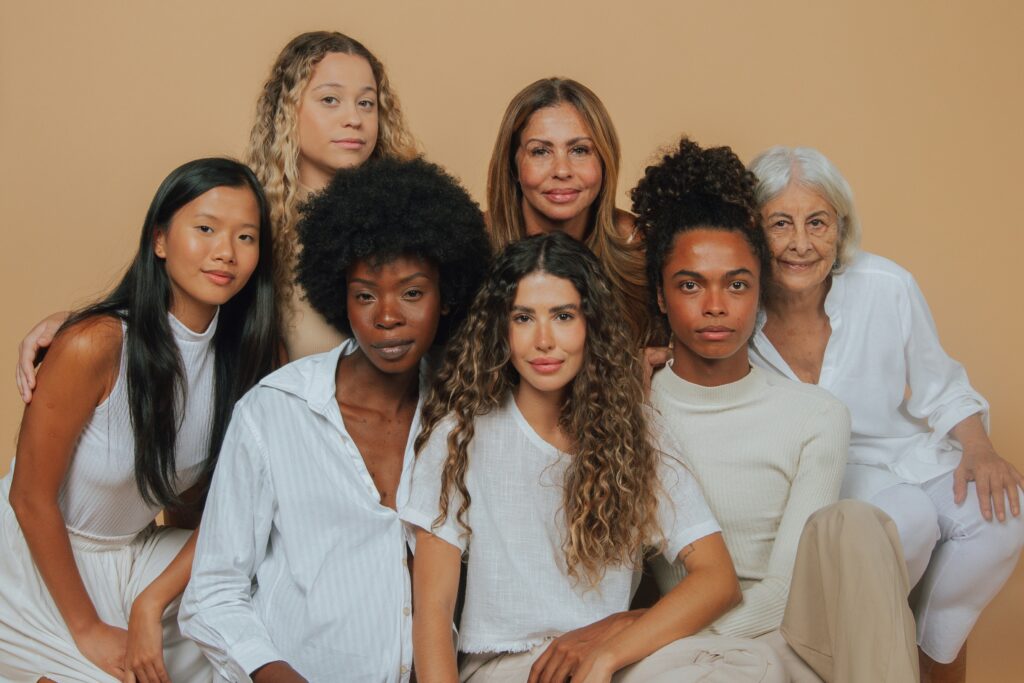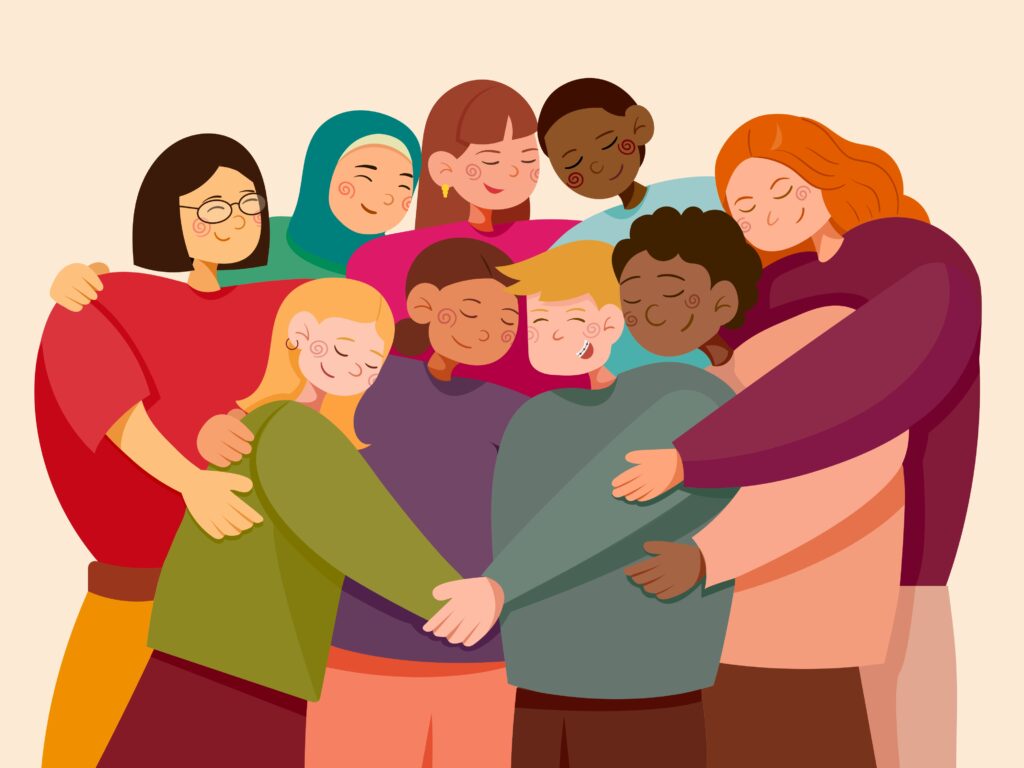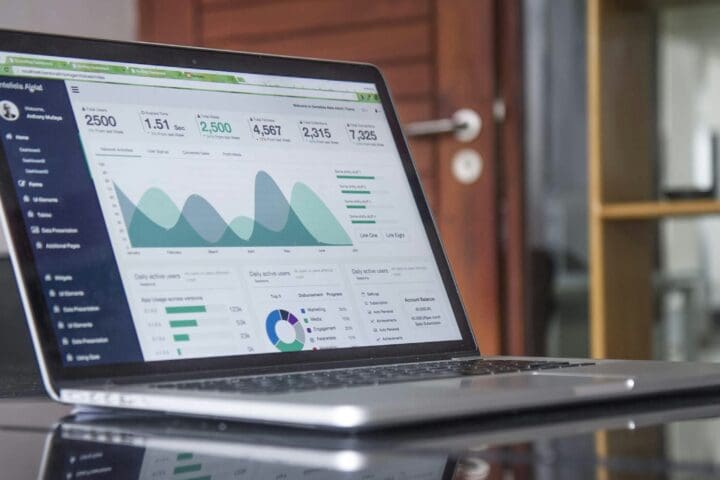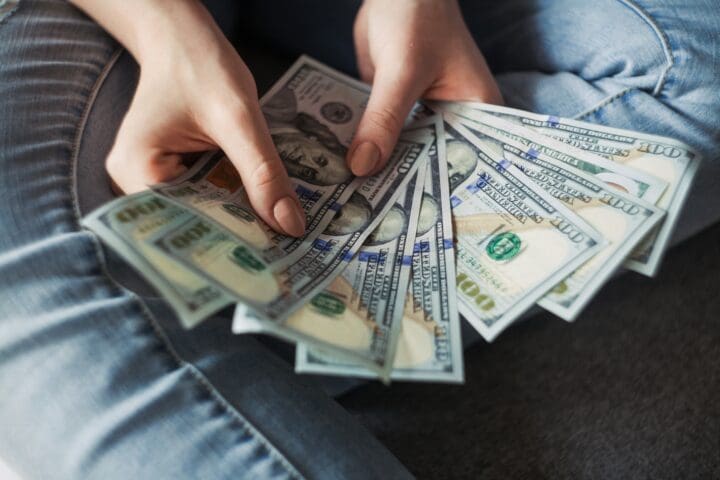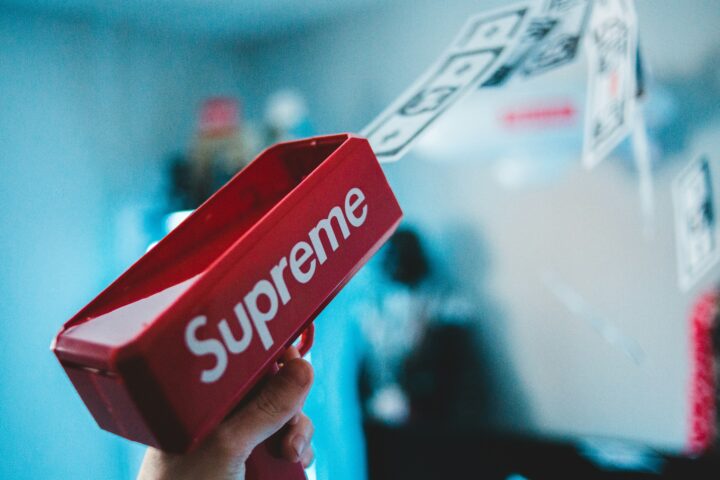Today, we’re lucky to have our own accounts, make our own debts, and build our own investments. These are the building blocks of financial freedom. But I have a few questions for those married or in long-term relationships:
– How many of you have your own bank accounts, not joint ones with your significant other?
– If you do, does your spouse or partner have access to them?
– Are your passwords safe?
Why Your Own Account Matters
In high school, I went to an all-girls school. Yes, gender discrimination might feel outdated now, but this gave our feminist teachers the freedom to preach us. One thing my literature teacher said has stayed with me:
✿ Thank you for reading!
Subscribe to be our bestie, no spam—just good vibes once a month.
“You should always have a ‘none of your business’ money set aside.”
With the wisdom I have today, I would take it a step further – “You should have a ‘what if one day I find myself on my own’ money.”
Having your own account isn’t about secrecy – it’s about security and independence, it’s about having the financial freedom if needed. No one likes to think about the “what-ifs”—what if your relationship ends, or what if your partner runs into financial trouble? An account in your name is a safety net. Unfortunately, financial control is a form of abuse that doesn’t get talked about enough.
Managing your own account early in your life gives you a head start to build financial literacy, establish credit, and make decisions that align with your goals. And there is no earlier day then today to start!
The Dangers of Sharing Too Much
Sharing account access might seem natural in a loving relationship, but it can blur boundaries. Even the most well-meaning partner can make mistakes, overspend, or create debt in your name.
It’s not about distrust – it’s about protecting what’s yours. You can love and trust your partner while still setting healthy financial boundaries and respect each other’s financial freedom.
Financial Literacy: The Real Power Move
If you don’t know where to start, don’t worry – no one was born knowing this stuff!
Financial freedom starts with financial literacy. Here is a guideline on how to start:
1. Educate Yourself
Read books, listen to podcasts, and follow financial experts who explain things simply.
You can start with two of my favorite books :
“Your Money or Your Life” by Vicki Robin and Joe Dominguez
“Financial Feminist” by Tori Dunlap
Or you can listen to these Podcasts :
“HerMoney” by Jean Chatzky
“Financial Feminist” by Tori Dunlap
You can also check your bank’s app or website—many offer helpful tools or articles. Youtube is also an excellent school. There is amazing content out there, you just need to find someone that speaks to your soul.
2. Understand Your Accounts
Review your account statements regularly. Look for unfamiliar charges or fees, and ask questions when something doesn’t make sense.
3. Set Financial Goals
Define what financial freedom means to you. Everyone’s goals are different—figure out yours and start working toward them.
4. Stay Organized
Use budgeting apps or tools to track your income, expenses, and savings. I am an Excel freak, but do share with our community your favorite tools.
It’s Not Selfish; It’s Smart
Financial freedom isn’t about putting yourself first at the expense of your relationship – it’s about ensuring you’re secure, informed, and in control. Healthy partnerships thrive on mutual respect and clear boundaries, including financial ones.
So, take charge! Open that account, read that book, and protect your passwords. Your name deserves to be on something that’s truly yours.
Challenge for the week: Review your bank or credit card statement and find three terms you didn’t fully understand before. Share what you learned in the comments – let’s grow together!
Stay tuned for the next chapter in our Money Matters series!
✱ If you liked this article, please share it with a friend who could use inspiration.
If you have a topic in mind or a story to share anonymously or with your name, email us at team@she.work



